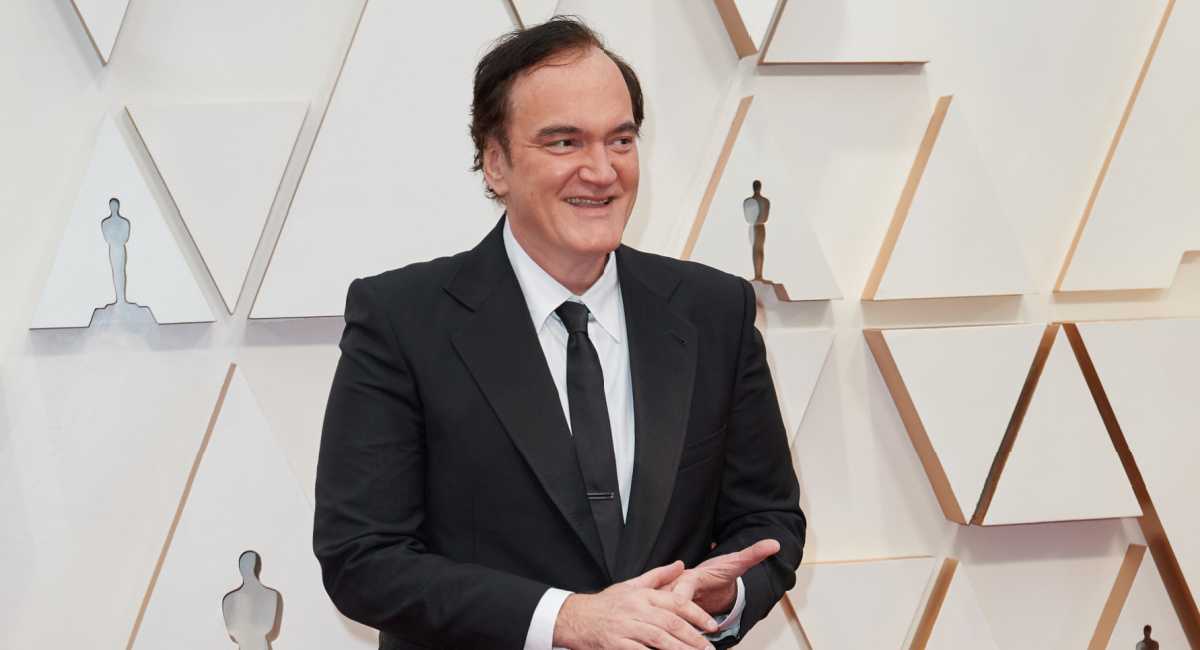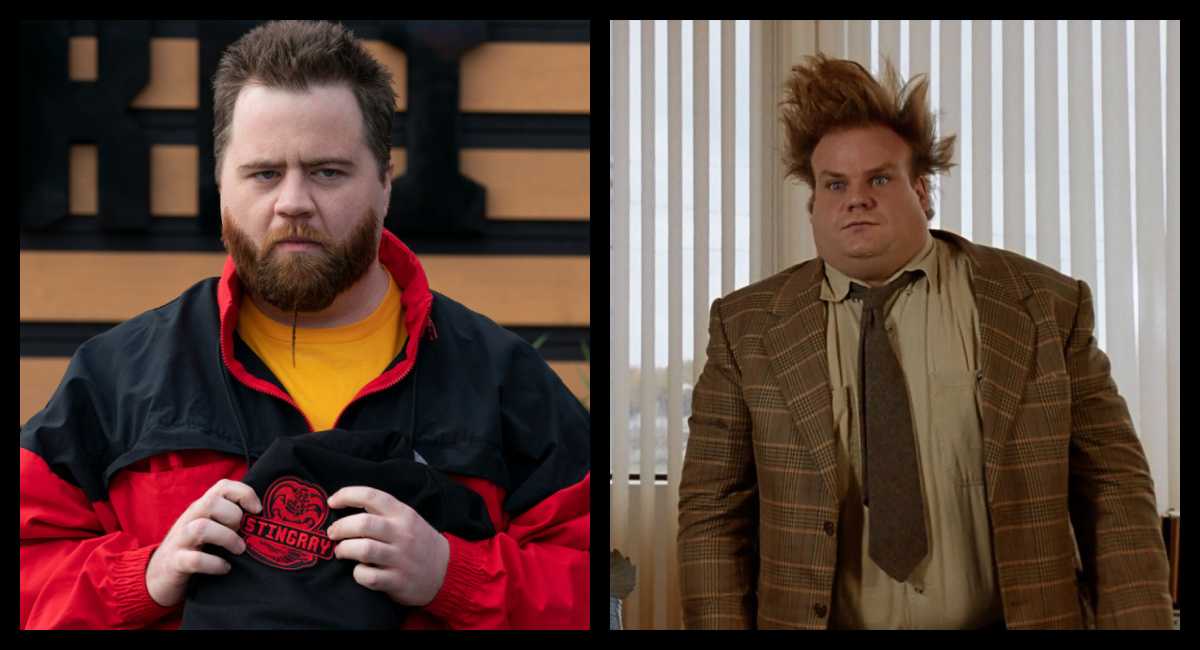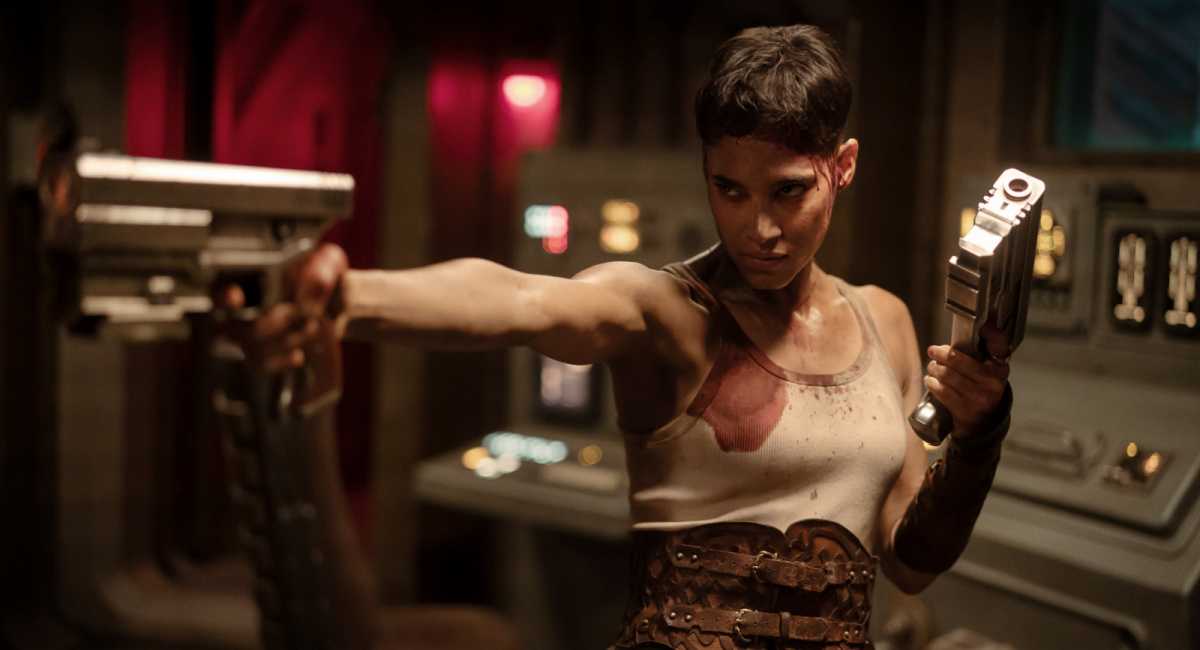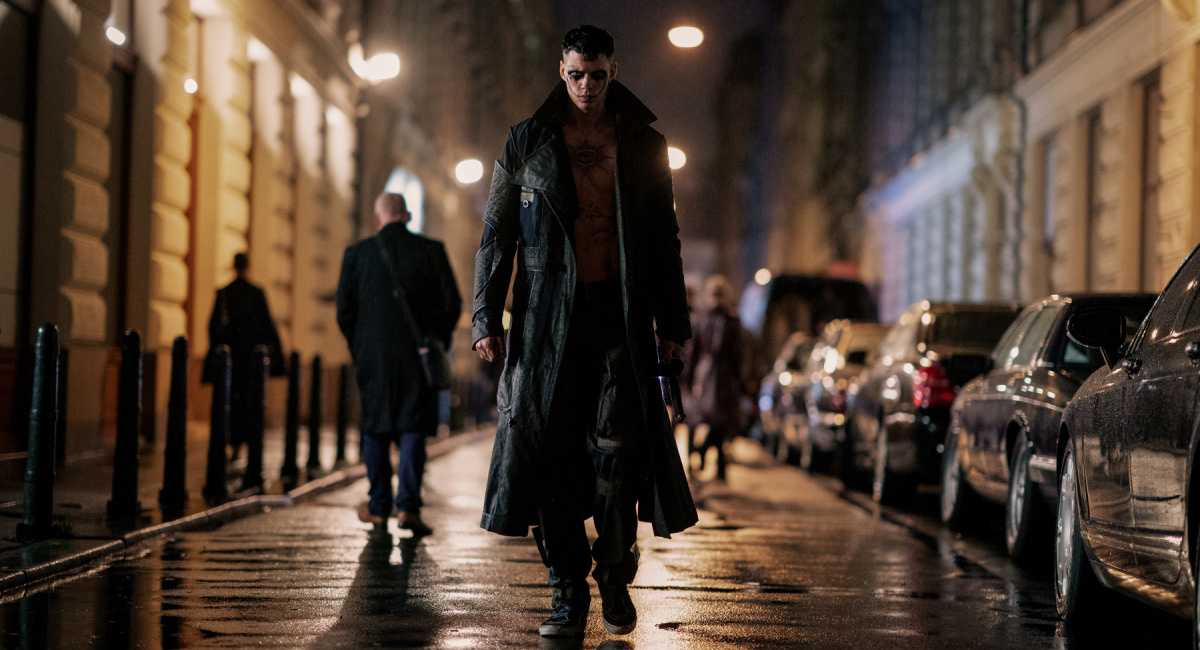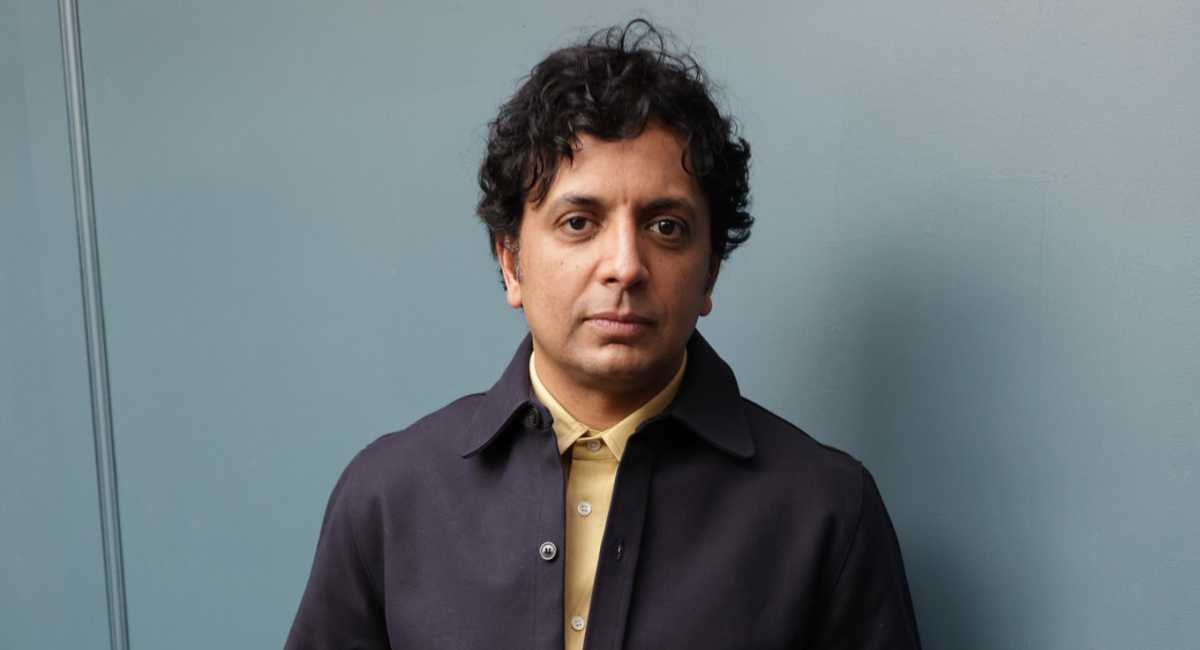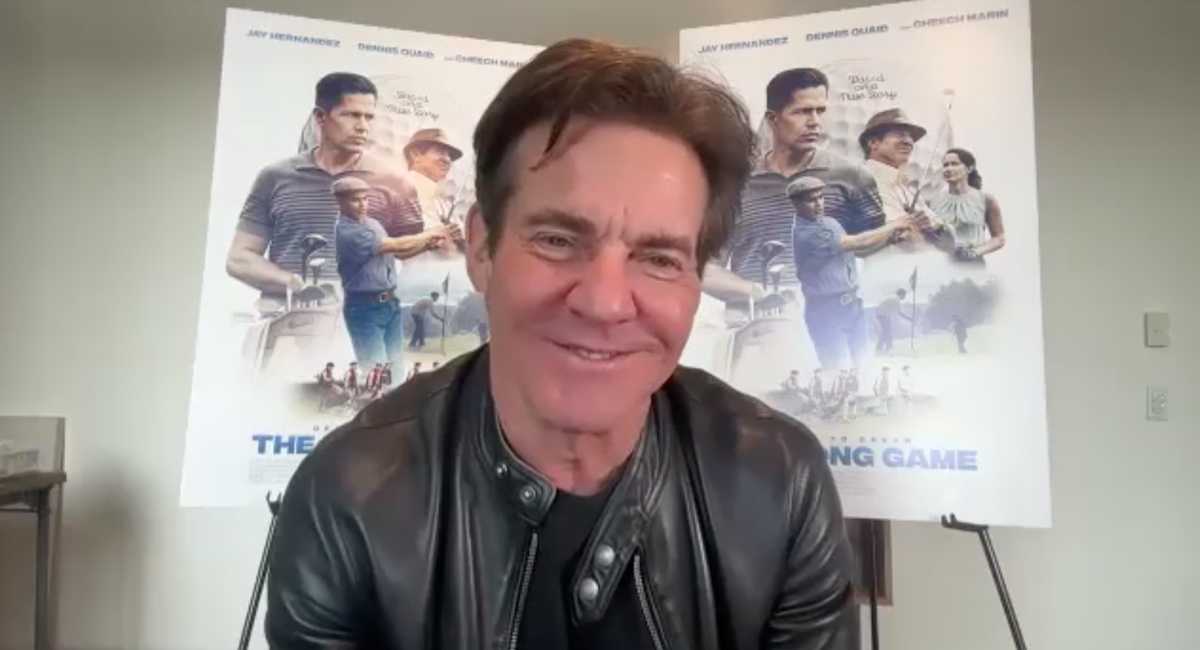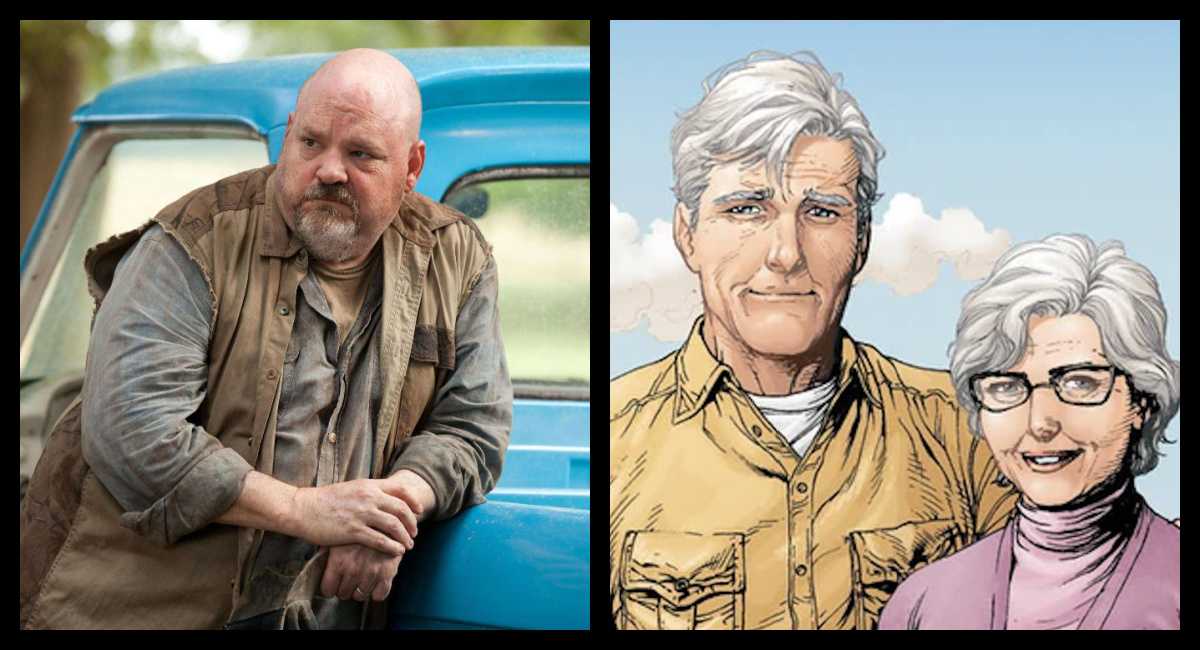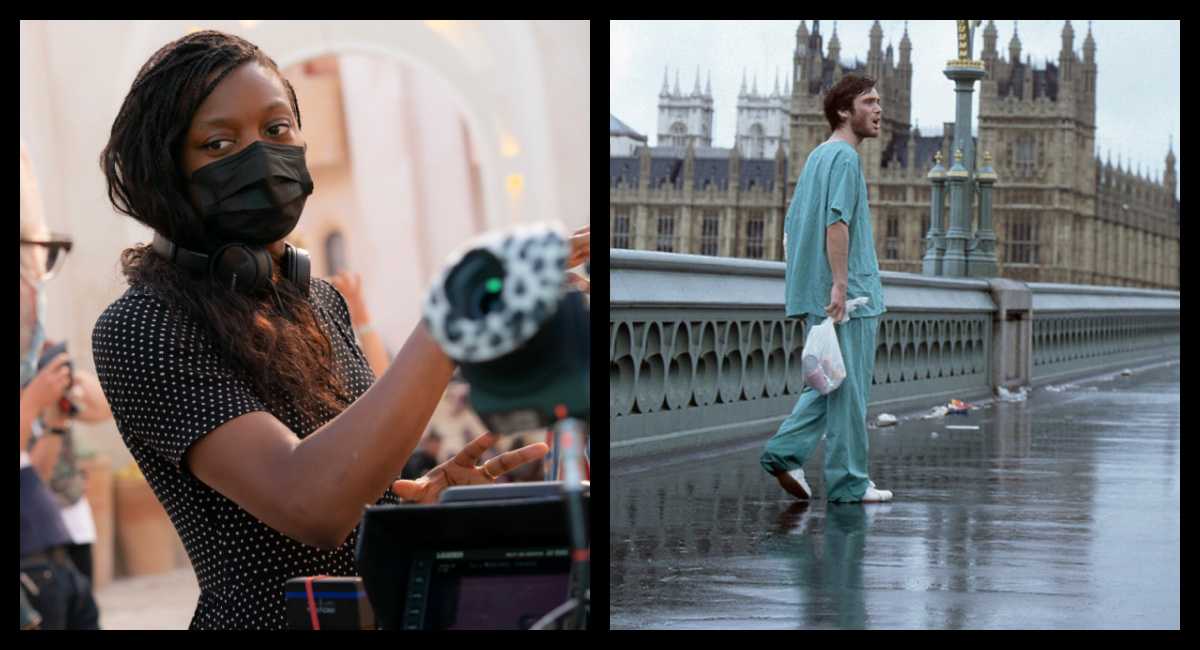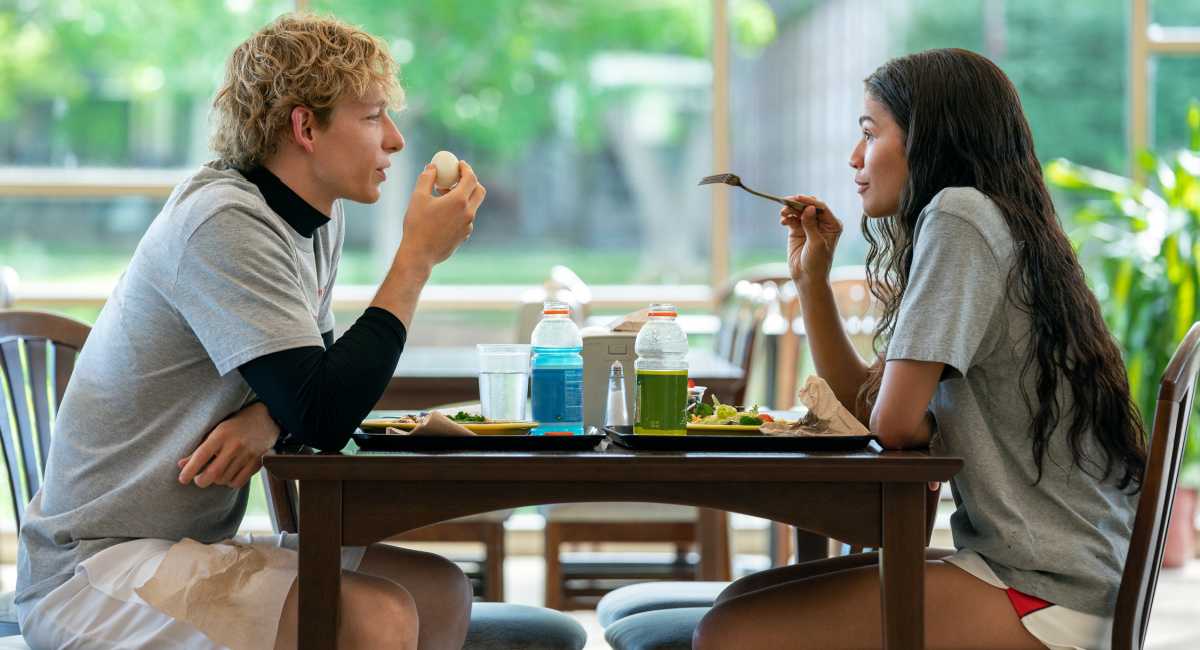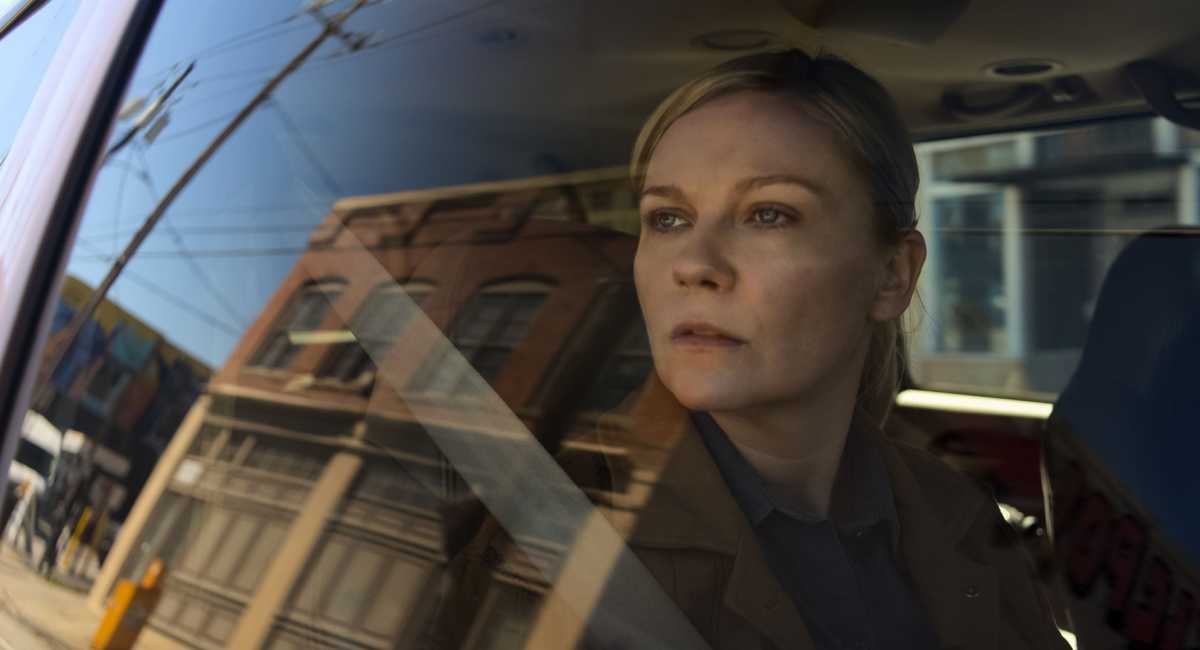17 Things You Never Knew About 'Mommie Dearest'
Mommie Dearest is acknowledged as a camp classic and we celebrate its 35th anniversary with these facts every movie fan should know.
Before she died in 1977, Joan Crawford reportedly said that, if a movie were ever made from her life, Faye Dunaway was the only actress who could do the role justice. But "Mommie Dearest" was certainly not the biopic she had in mind.
Based on the 1978 memoir by Joan's daughter, Christina Crawford -- a controversial best-seller -- the 1981 film portrayed Joan as an alcoholic, a compulsive clean freak, and an abusive parent. And Dunaway's operatic performance, widely ridiculed when the film was released 35 years ago this week, tarnished not only Crawford's reputation but Dunaway's as well.
"Mommie Dearest" was actually a box office hit, though more for its over-the-top theatricality than its harrowing drama or truthfulness.
1. Anne Bancroft was initially cast as Joan, but she dropped out because she didn't like the screenplay. Back in 1963, when Crawford failed to get the Oscar nomination she expected for "Whatever Happened to Baby Jane?", she offered her services as a surrogate for the several East Coast-based women up for Best Actress, should any of them win. Bancroft did win (for "The Miracle Worker"), and Crawford accepted the statuette on her behalf at the Hollywood awards ceremony.
2. Campaigning for the part, Dunaway showed up at producer/co-screenwriter Frank Yablans' house dressed and made up as Joan and nearly gave him a heart attack.
3. "We all had a good time making it," Yablans said in 2006. "This was a really happy set." No one else associated with the film seems to agree with him.
4.Rutanya Alda (above, right), who played Joan's long-suffering assistant, Carol Ann, came out with her own tell-all book last year about the production: "The Mommie Dearest Diary: Carol Ann Tells All." She has nothing but praise for Dunaway's performance, but she says the star would routinely upstage her. She also says Dunaway held nothing back during the knock-down, drag-out sequence where Joan attacks Christina, Carol Ann, and a visiting journalist.
5. Alda claims Dunaway was a terror to nearly everyone on the set, even to veteran, multiple-Oscar-winning costume designer Irene Sharaff, who came out of retirement to swathe Dunaway in period glamour. Sharaff walked off the film, for the first time in her 45-year career, out of frustration. Alda quotes Sharaff as saying, "You can enter Faye Dunaway's dressing room, but first throw a raw steak in there to distract her."
6. The notorious wire hanger scene is even worse in the film than in the book. In the book, Christina says Joan beat her for having wire hangers in her closet, perhaps because, when Joan was a girl, her mother had to work at a dry cleaner's, and the star hated being reminded of her former poverty. In the movie, which omits that bit of backstory, Joan actually beats Christina with one of the wire hangers.
7. After shooting that sequence, Dunaway was so hoarse from screaming that she lost her voice. She would go on to summon a vocal coach to set: Frank Sinatra. The legendary crooner, who had just co-starred with Dunaway in "The First Deadly Sin," spent 15 minutes showing her some vocal exercises that would ultimately restore her voice.
8. Other curses befell the production. Pages from Dunaway's script went missing on more than one occasion, and so did some of her costumes. An entire reel of film went to the developer and came back blank.
9. A pharaoh's throne from the 1956 classic "The Ten Commandments" found its way into "Mommie Dearest." Paramount set designers painted it white and included it among the furniture at the Crawford mansion.
10. The kitchen set, where Christina's soap opera "The Secret Storm" is filmed, may look familiar to some viewers. It's the same set on the Paramount lot used for the kitchen of the Cunninghams' house throughout the run of "Happy Days."
11. "Mommie Dearest" cost a reported $5 million to make. It grossed $19 million in North America and another $6 million overseas.
12. After a month of release, Paramount recognized that viewers were coming to see "Mommie Dearest" for its camp value and treating it like "The Rocky Horror Picture Show," shouting back dialogue and even bringing their own cans of cleanser and wire hangers.
Over Yablans' objections, the studio changed the ad campaign accordingly. The new posters featured Dunaway's line (already a catchphrase) "No wire hangers, ever!" They also depicted a wire hanger dangling from the movie's title. And they had a new slogan: "Meet the biggest mother of them all."
13. An Oscar winner for 1976's "Network," Dunaway may have been hoping for another nomination for playing Joan Crawford, but while she did come in second for Best Actress at both the National Society of Film Critics and New York Film Critics Circle, "Mommie Dearest" was destined to sweep the Razzies instead.
Along with Dunaway's Worst Actress prize, the movie also won Worst Picture, Worst Director (Frank Perry), Worst Screenplay, Worst Supporting Actor (Steve Forrest, as a composite of Joan's boyfriends), and Worst Supporting Actress for Diana Scarwid, who played the older Christina. Scarwid beat her two nominated co-stars, Alda and Mara Hobel (the younger Christina), for the dubious honor.
14. Twins Cindy and Cathy Crawford, Joan's youngest children, didn't like the movie, and not just because they were written out of it. They disagreed with Christina's portrayal of Joan as a monster. "Christina says Joan was rotten, and I say she was a good person," Cathy said at the time of the movie's release. "She was tough on us, sure. You'd get a swat once in a while, but none of the physical beatings -- the coat hangers!"
15. Even Christina doesn't like the film, having called it "an enormous lost opportunity." When it came out in 1981, she complained that it should have been made more from her point of view than her mother's. "They made a Joan Crawford movie," she said. Nonetheless, she's introduced "Mommie Dearest" in person at numerous screenings over the past 35 years.
16. Christopher Crawford, depicted in the movie as having been strapped into his bed by his mother -- the film doesn't explain that this was Joan's attempt to curb his sleepwalking -- seems to be the only one of Joan's four children who felt "Mommie Dearest" accurately portrayed his childhood. As he said of the movie upon its release, "I lived it."
17. Now 75, Dunaway prefers not to discuss "Mommie Dearest," but earlier this month, she told People she had hoped the movie would provide a "window into a tortured soul, but it was made into camp."
Of the impact the film had on her reputation, she said, "I think it turned my career in a direction where people would irretrievably have the wrong impression of me, and that's an awful hard thing to beat. I should have known better, but sometimes you're vulnerable and you don't realize what you're getting into," Still, she said, she stood by her acting choices in 'Mommie Dearest.' "You can't be ashamed of the work you've done. You make a decision, and then you have to live with the consequence."



